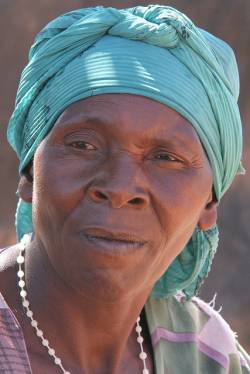
It’s been a really exciting first week here in New York at the 57th UN Commission on the Status of Women (CSW). This year the theme is eliminating violence against women and girls, which has received strong support from Country Delegates.
With a 90% turn out from Delegates around the world and a strong push to improve international legal frameworks to ensure the elimination of violence against women and girls, it is ppromising to be an interesting two weeks.
The problem
According to UN Women Watch, over 603 million women live in countries where domestic violence is not yet considered a crime. Every day women face physical, emotional, verbal, financial and psychological abuse around the world. During the opening of the CSW, Michelle Bachelet, Head of UN Women, recognised that 70% of women around the world experience sexual violence in their lifetime.
Country Delegates understand the seriousness of this global problem and the impact it could have on our communities, societies and economies if nothing is done. However, what became more apparent over the course of this first week was the invisibility of violence, abuse and discrimination against women aged 49 years and older.
Countries such as India, Pakistan, Nigeria, Canada, UK and Jamaica placed much of their emphasis of their individual statements upon girls and working women. Older women were overlooked by the majority of the Country Delegates despite the fact that many older women may have been facing a lifetime of violence or sexual abuse because it was not stopped immediately.
Many failed to realise that any woman facing violence is living a life of injustice. When a woman of any age faces a violation of her rights through financial, psychological, physical or verbal abuse, it consequently has an impact on other members in the family or household too. To some extent, it shapes the norms of those around her of what is acceptable.
A woman does not become immune to violence once she reaches 49. Yet this week Country Delegates failed to acknowledge and include women of “all ages” in their push for stronger international legislation eliminating violence against women and girls. This is a failure to protect some of those women who fought for our right to vote, equal pay, and to have a voice.
Current legislation
With the Declaration on the Elimination of all forms of Discrimination against Women (1979), Maputo Protocol (2003), CEDAW General Recommendation 27 (2010) and article 3 of the Universal Declaration of Human Rights (1948) it would seem as though women of all ages are protected. However as research has shown this is not the case.
Until governments recognise violence against older women is REAL and the perception of older women changes in society, communities and even by women themselves, the statistics will not change. Current international and national legislation needs to be tightened and include the wording “women of all ages” so that there are no legal loop holes.
Recommendations
We also need to continue to gather data on women of all ages. At the moment very few independent organisations collect or include women aged 49 and older in data. This turns a blind eye to the issues women over 49 are facing, assuming they no longer have any rights to defend.
Sounds controversial, however this is the reality some women are facing when they are not even acknowledged as a statistic. We must continue to collect data, share data and empower women of all ages through education and raising awareness of their rights.
Not all women aspire to be the next president; some simply desire to have a voice in their own homes or communities. Some desire to be recognised as women who still serve purpose and have importance.
By including “women of all ages” in our thinking and approach to eliminating violence against women and girls, we can empower grandmothers, mothers and daughters to live lives their inherent rights entitle them to.
What next?
- Share this blog.
- Read more about what HelpAge has been doing this week at the 57th session of the CSW at the UN.
- Keep up to date with our project and advocacy work with our eNewsletter.
- Get in touch with us on Facebook, Twitter, Linkedin or Pinterest.
